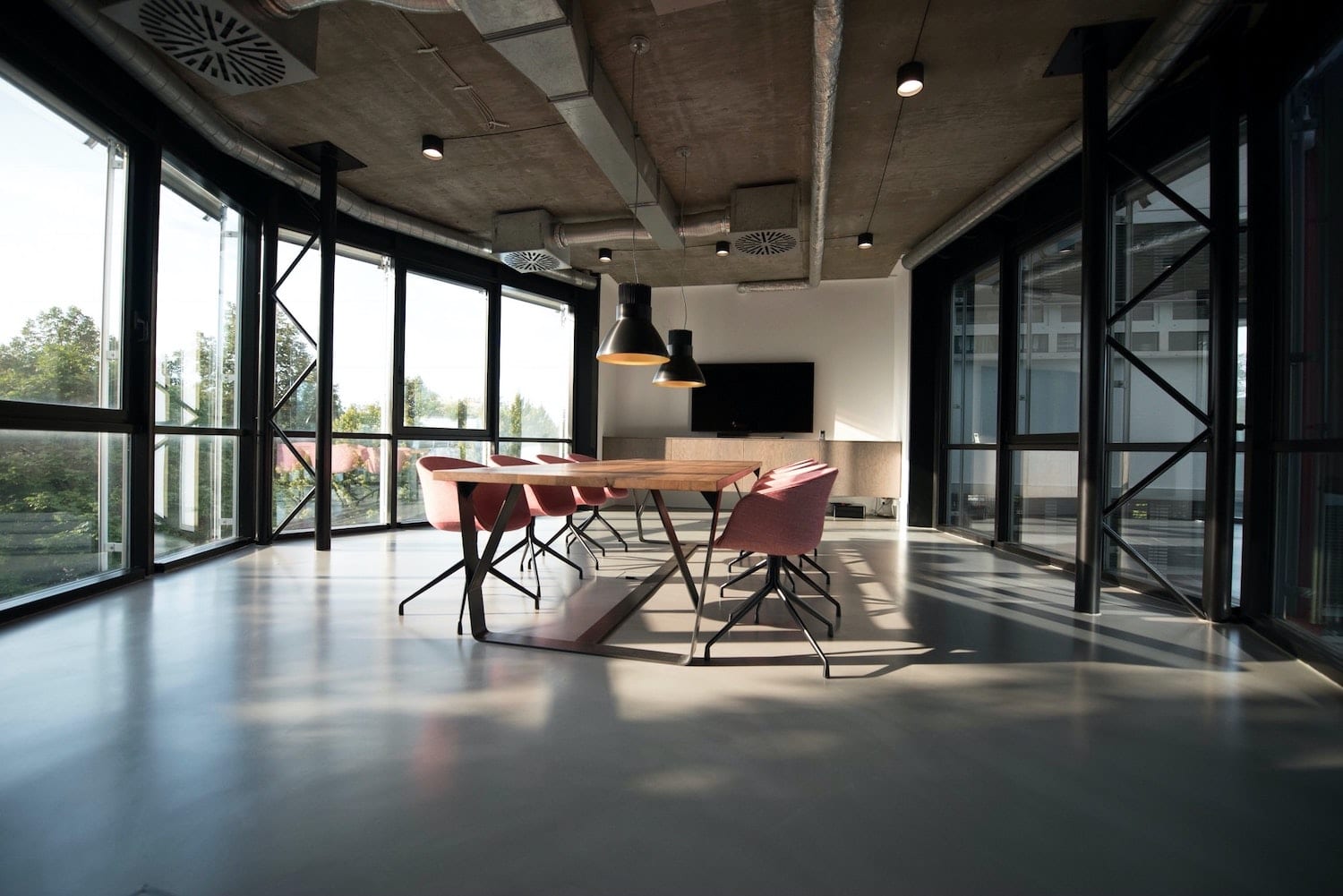SPONSORED POST
What is the purpose of an office? Is it space that we value? Or is it productivity in that space? These are the questions that Yardi asks in its latest thought leadership paper, The Big Pivot.
“It took a global pandemic for people to truly question what they wanted from space,” says Yardi’s regional director Bernie Devine.
Millions of people have spent the last 18 months re-evaluating their priorities and the great work-from-home experiment has proved once and for all that we don’t need an office for office work.
Microsoft’s 2021 Work Trend Index, for example, confirms 73 per cent of people want flexibility to be a permanent arrangement.
But Yardi’s latest whitepaper, The Big Pivot, also provides a compelling counter-argument. A massive 60 per cent of Generation Z employees say networking is more daunting and teams are more siloed. Even after a year of working from home, 42 per cent of employees say they still lack essential office supplies at home, and one in 10 don’t have an adequate internet connection.
“We might not need an office for office work – but we certainly need it for collaboration, ideation, onboarding, mentoring and socialising.”
Devine has spent more than three decades working at the intersection of technology and real estate, helping real estate clients to grow their operations, enhance efficiencies and gain insights with the power of data.
He says most companies are now looking at a hybrid business model, and that is forcing landlords to rethink their role as suppliers of space. In the past, a landlord could be “at best, pleasantly passive”. Lease a space, collect the rent, maintain the reception, operate the lifts and keep the building ticking over. In this model, rental yields and capital values are the obvious priority.
But Devine predicts a future where rents, leases and asset value are all tied to tenants’ business growth. “These are two very different models. One sells leased space. The other sells space as a service, and ultimately productivity.”
Yardi’s white paper provides insights from Paul Edwards, general manager of strategy and customer with Mirvac, as well as a fascinating case study of Mirvac’s “next generation” workplace at Olderfleet in Melbourne.
Mirvac has partnered with Work Club to provide flexible space, private suites, an exclusive club lounge, a concept retail store, café and a basement bar set over 4,000 sqm. Work Club also provides hotel-style concierge services for the entire building and runs a program of curated experiences.
“We know workers want a frictionless experience when they head to the office,” Devine notes. “People want services that make their lives easier, whether that’s same-day dry-cleaning or a concierge that can sort out theatre tickets or access to a state-of-the-art gym. And they want space that feels like a community, not just a row of desks.”
But how do you specify all that in a lease? Devine says property leaders can take their cues from other industries.
“If you sign a contract with a software company, you expect a certain level of service. Same with real estate. In that way, a building is just another device.”
Author | Bernie Devine
Regional Director, Asia Pacific, Yardi Systems
Bernie has over 30 years’ experience dedicated to real estate, technology, and leading digital transformation. He supports real estate clients with a range of assets, to use technology and best practice processes to grow their operations, create efficiencies, and gain better insight into their business. His expertise includes asset and investment management, private equity, operations improvement, program and project management, finance and compliance.
Bernie has led large-scale technology projects, as well as led and supported Proptech start-ups, across Australia, the USA, Middle East, Asia and Europe.


